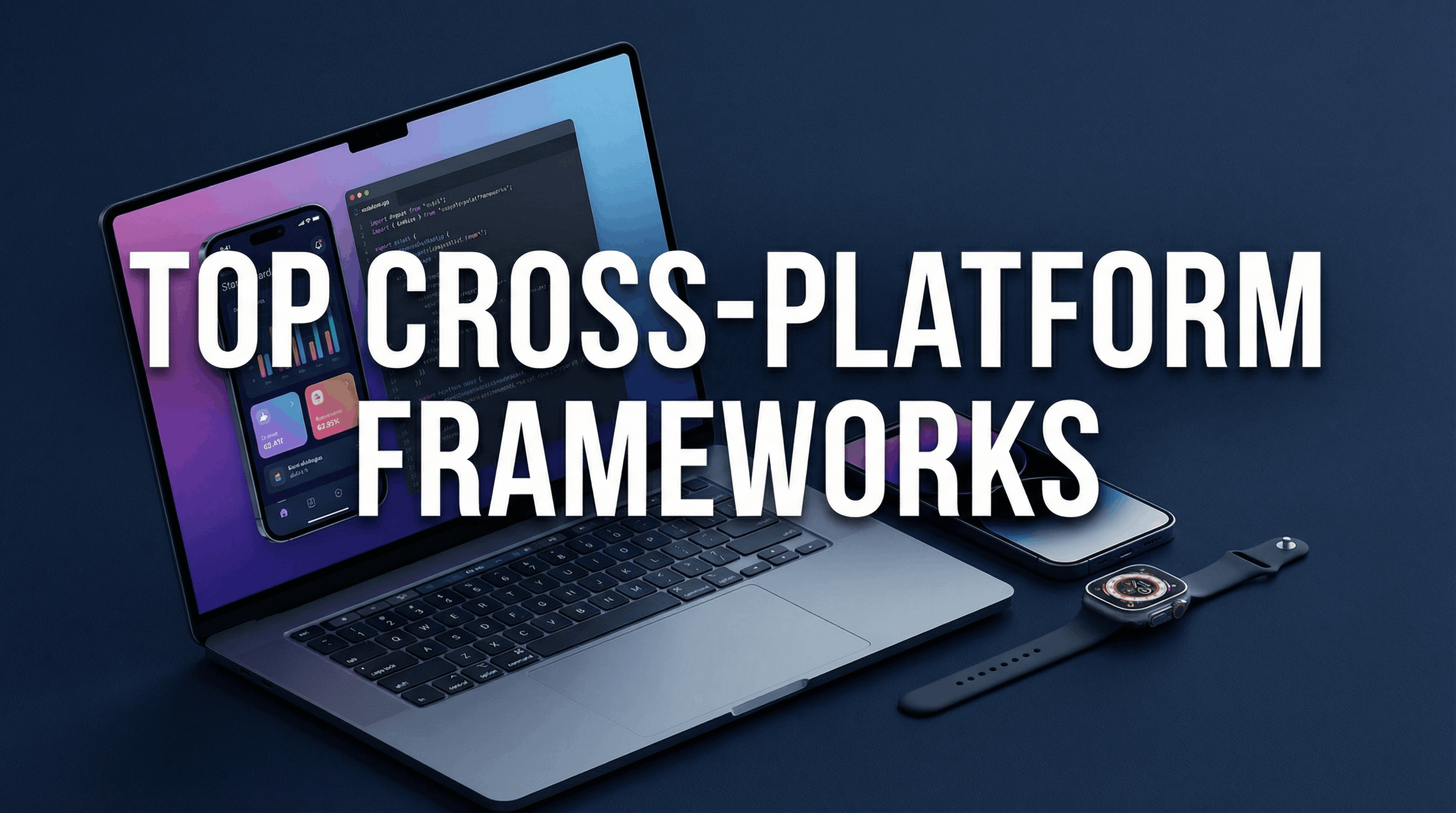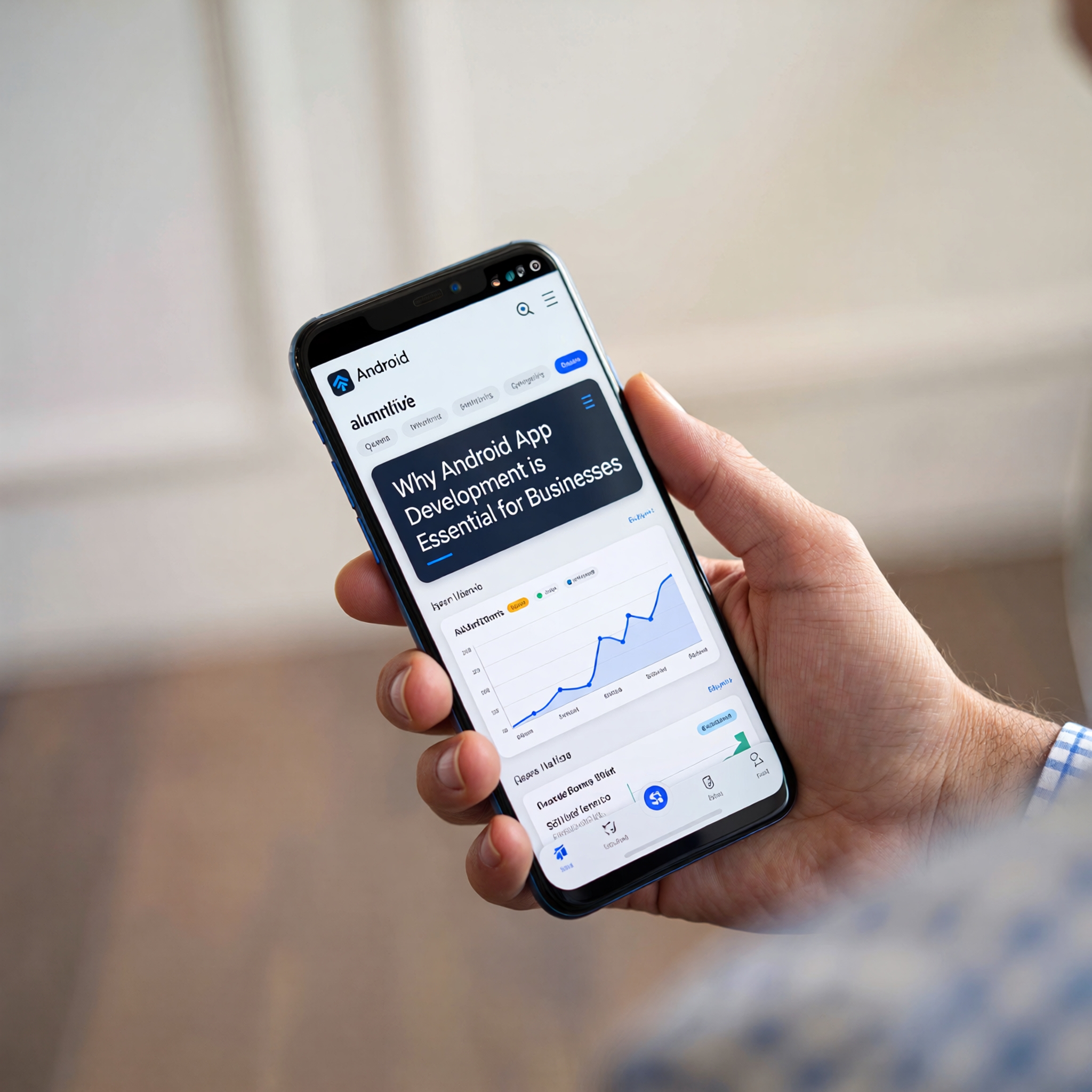In today’s digital-first economy, launching an eCommerce app is one of the most effective ways to grow a business. However, choosing the right technology stack for your eCommerce app can make or break your success. From the backend architecture to the mobile frontend, every component of your app influences performance, user experience, and cost. In this blog, we’ll explore the best technologies for eCommerce apps in 2025—along with real-world examples we’ve built at Software Orca—to help you choose and implement the perfect solution tailored to your business needs.
What Is the Best Technology for eCommerce App Development?
The best technology stack for an eCommerce app depends on factors like scalability, performance, cost, integration support, and business size. In 2025, the most recommended stacks include:
- Frontend (Mobile & Web): React Native, Flutter, React.js, Next.js
- Backend: Node.js, Django, Laravel
- Database: PostgreSQL, MongoDB, Firebase
- Hosting: AWS, Google Cloud, Docker, Kubernetes
- Payments: Stripe, PayPal, Razorpay
🔍 Real Example – Software Orca’s Flutter + Firebase stack:
We built a full-featured MVP for a fashion startup using Flutter (for mobile UI) and Firebase (for backend + real-time DB). It reduced development time by 35% and helped them launch in just 5 weeks.
Which Technology Is Used in eCommerce?
Most eCommerce apps today use React Native or Flutter for mobile due to their cross-platform capability and native-like performance. For backend, Node.js and Django remain favorites for their scalability and robust APIs.
🔍 Real Example – Grocery Delivery App Using React Native:
We used React Native to create both Android and iOS apps for a grocery delivery client. Shared codebase helped cut dev time in half, while backend in Node.js supported 50K+ users.
Which Software Is Best for eCommerce?
Popular software platforms include Shopify, Magento, WooCommerce, BigCommerce, and custom-built stacks. Your choice depends on budget, customization needs, and long-term scalability.
🔍 Real Example – Shopify to Custom Transition:
A client started with Shopify but needed custom discounting logic. We migrated them to a custom-built Node.js backend with React frontend—boosting sales conversion by 18%.
Which Platform Is Best for eCommerce?
| Platform | Best For | Pros | Cons |
|---|---|---|---|
| Shopify | Small to medium businesses | Easy setup, secure, scalable | Limited customization |
| Magento | Enterprises | Fully customizable | Costly to maintain |
| WooCommerce | Content-heavy stores | Integrates with WordPress | Needs regular updates |
| Custom Stack | High-growth startups | Fully customizable | Higher upfront dev cost |
🔍 Real Example – WooCommerce for Small Retailer:
For a small retailer in the US, we deployed WooCommerce + Elementor to build a cost-effective web store. Their time-to-launch was under 10 days with minimal cost.
Which eCommerce Tech Stack Is Best for Small Businesses?
For small businesses in 2025, a lightweight yet scalable tech stack is ideal:
- Frontend: Flutter
- Backend: Firebase or Laravel
- DB: Firestore
- Payments: Stripe or PayPal
🔍 Real Example – Local Bakery App:
We built a Flutter + Firebase app for a local bakery. Real-time order updates and push notifications helped increase repeat orders by 42%.
How Software Orca Helps You Build the Right eCommerce App
At Software Orca, we assess your business needs, budget, and timeline. Based on that, we propose a stack that offers:
- Speed to market
- Scalability
- Affordability
🔍 Real Example – Custom Fashion App:
We helped a fashion retailer build a mobile-first experience with a Flutter app and integrated Shopify CMS. The hybrid approach offered rapid deployment and future extensibility.
What Is the Least Expensive eCommerce Platform?
Budget-friendly platforms:
- WooCommerce – Free plugin (pay only for hosting)
- Ecwid – Free tier for small stores
- Shopify Starter – ~$5–$9/month
🔍 Real Example – Ecwid for a Solo Entrepreneur:
A solopreneur used Ecwid with Software Orca’s UI customization services. It launched under $200 and reached 1,000+ monthly visits in 2 months.
How Software Orca helps: We suggest the best low-cost tools and handle the tech while you focus on sales.
How Much Does an eCommerce Platform Cost?
Typical ranges in 2025:
- Hosted: $29–$299/month (Shopify)
- Custom: $5,000–$100,000 depending on scope
- Maintenance: $50–$1,000/month
🔍 Real Example – Custom MVP Under $5,000:
We delivered a fully functional MVP (React + Firebase) for a startup under $4,800, complete with payments, catalog, and notifications.
Software Orca’s Promise: Transparent pricing, fast delivery, and tailored post-launch support.
✅ Real Case Studies by Software Orca
🧩 1. Fashion App MVP Using Flutter + Firebase
Client: LA-based fashion startup
Challenge: Launch a mobile app MVP with limited budget and quick go-to-market
Solution: Flutter + Firebase (auth, DB, hosting)
Result: 🚀 Launched in 5 weeks | 💰 Under $7K | 📈 10K+ users in 3 months
🛒 2. Grocery Delivery App Using React Native + Node.js
Client: Urban grocery delivery startup
Challenge: Real-time cross-platform app with notifications
Solution: React Native + Node.js + Firebase
Result: ⚡ 40% faster build | 📦 50,000+ orders in 6 months
🛍️ 3. WooCommerce Store for Home Decor Retailer
Client: US-based decor brand
Challenge: Fast-launch web store with low dev cost
Solution: WooCommerce + Elementor
Result: ⏱️ Live in 10 days | 💵 $12K+ sales in month 1
💡 4. Ecwid Setup for Solo Digital Product Seller
Client: Solopreneur selling digital planners
Challenge: Launch store under $200
Solution: Ecwid + landing page + PayPal
Result: 🌐 1K+ visits in 2 months | 💸 Broke even in 4 weeks
🔄 5. Shopify to Custom Transition for Apparel Brand
Client: Fashion brand scaling globally
Challenge: Shopify couldn’t support custom discounts
Solution: Custom React frontend + Node.js backend
Result: 🎯 Conversions up 18% | 🔧 Complex discount engine enabled
Final Thoughts
The best technology for your eCommerce app is the one that fits your business—not just the latest trend. Whether you need to launch fast, cut costs, or scale globally, Software Orca has built dozens of solutions that prove there’s no one-size-fits-all. If you are looking to develop an E-commerce app for your business needs, Connect with Software Orca to discuss more details
Let’s build your eCommerce future.
Get a free consultation with Software Orca to explore the best tech stack and platform for your unique needs.






